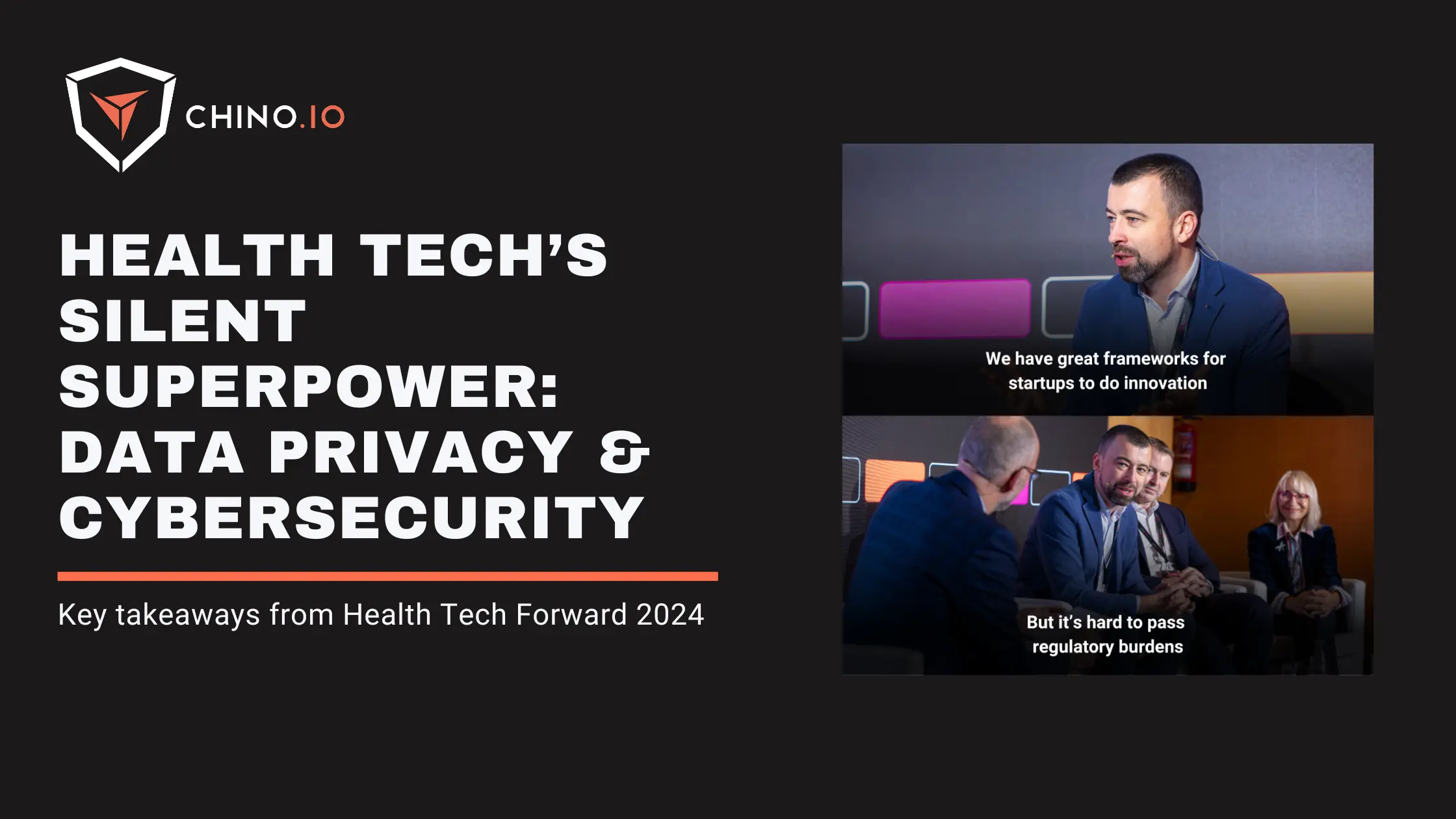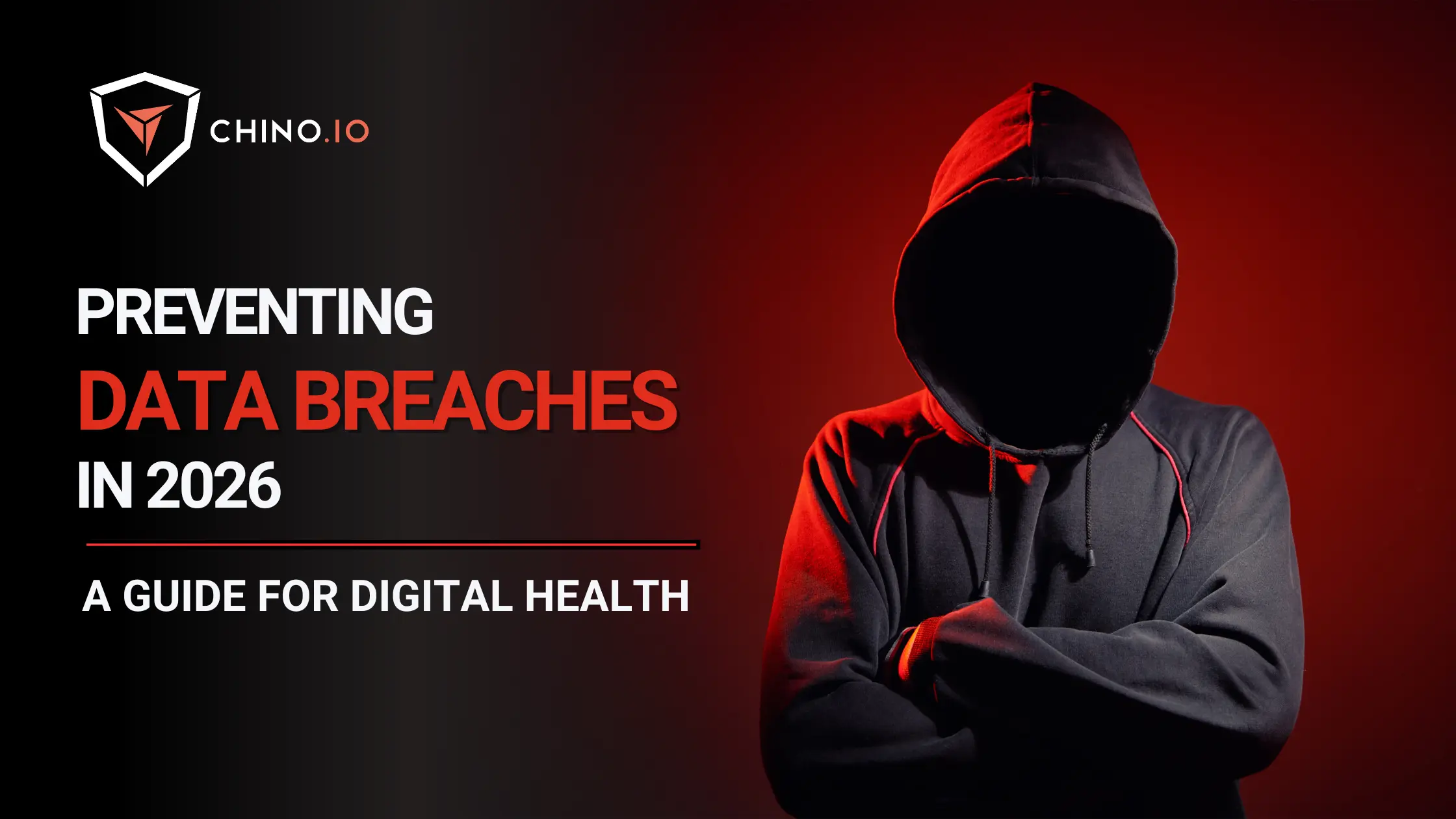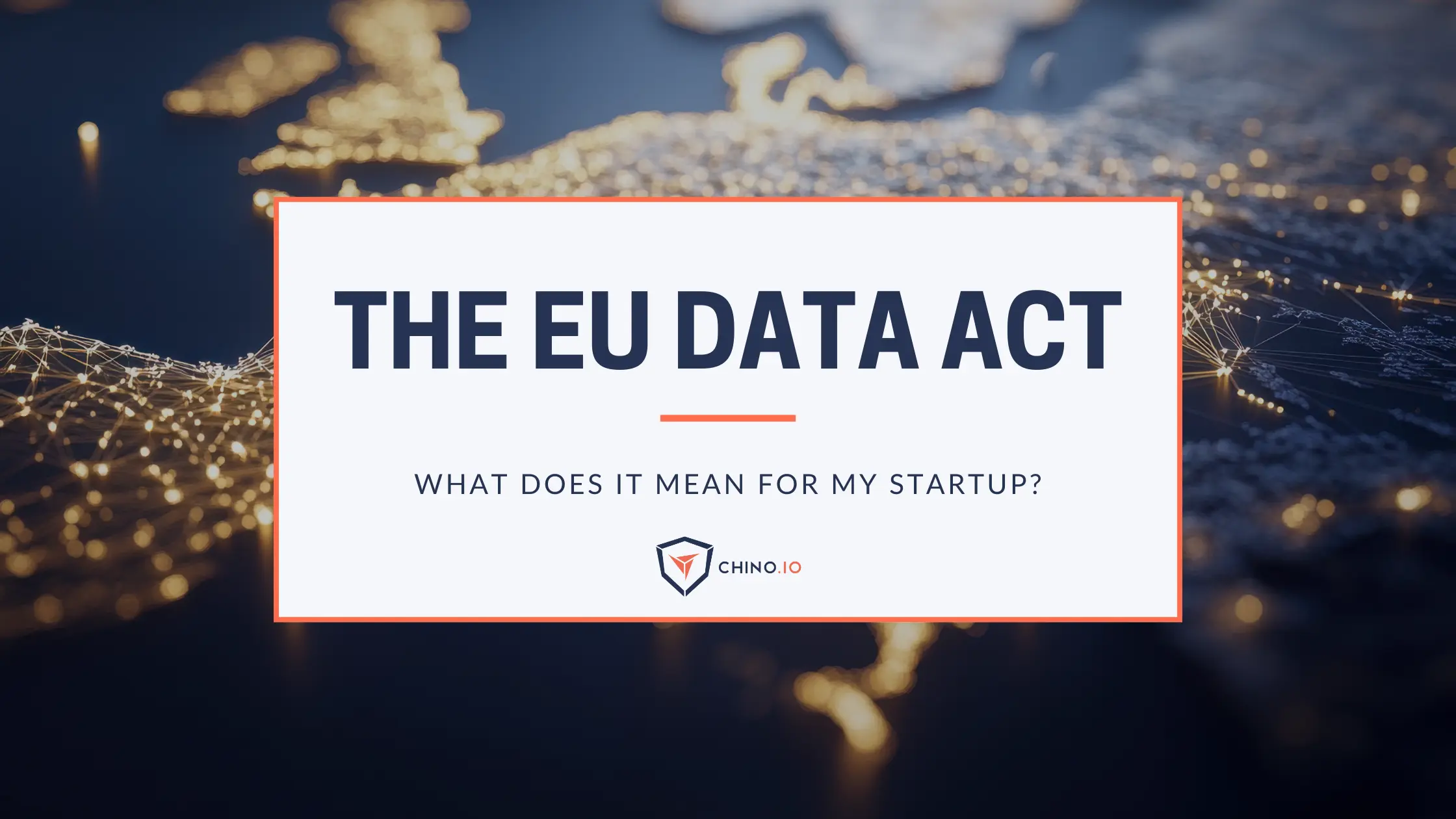It might not be the flashiest part of health tech, but data privacy and cybersecurity are becoming mission-critical. Think less red tape, more digital vaults.
If you’re in the industry, you’re probably dealing with some of the most sensitive personal data out there. And guess what? Cybercriminals know it too. From ethical concerns to regulatory pressure, the stakes are higher than ever.
At HTF2024, leaders, innovators, and regulators came together to talk about what it really takes to stay compliant, secure, and innovative in health tech.
Let’s dive into the biggest takeaways—and what they mean for you.
Why Health Data needs extra protection
Health data isn’t just numbers on a spreadsheet. It’s deeply personal, sensitive, and incredibly valuable. From emergency room visits to chronic disease management to insurance claims—this data tells the story of a person’s life.
As Ida Luka-Lognone, Chief Officer at Allianz Partners, reminded us: in insurance and health tech, privacy is not optional—it’s foundational. Every interaction, every process, must start with trust.
Why does this matter for startups? Because even small companies hold big risks. Patients expect protection. Regulators demand it. And if you’re not ready, the costs—legal, reputational, and financial—can be huge.
So, the message is clear: Don’t treat data privacy like a checkbox. Treat it like a competitive advantage.
The reality check for startups
Health tech moves fast. But when it comes to privacy and compliance, fast without caution is dangerous.
During the panel “Healthcare's data privacy evolution: how to stay compliant and secure?”, Jovan Stevovic, CEO of Chino.io, reminded us: “Startups can’t just go for it. They must carefully consider each decision.”
Why? Because building without a privacy framework often leads to expensive rework—or worse, data breaches.
Compliance isn't something you “add in later.” It needs to be baked into your product, your operations, and your contracts from day one.
Pro tip: Start by mapping your data flows, reviewing your contracts, and partnering with a DPO (Data Protection Officer) or a legal-tech platform that gets health regulations.
.png)
Can AI fix security?
Artificial Intelligence is the buzzword of the decade. But can it actually fix privacy and security in health tech?
Sunil Dadlani, EVP & Chief Cybersecurity Officer at Atlantic Health System, had a refreshing take. In his keynote on AI and cybersecurity, he said: “We use the word AI too generously.”
AI is a powerful tool, but it’s not magic. It can:
- Detect threats faster
- Predict system vulnerabilities
- Protect networks in real time
But it also brings new risks. Bias in models, lack of transparency, and poor configuration can cause more harm than good.
The solution? Use AI as an ally—but always keep a human in the loop. Combine it with strict policies, clear oversight, and regular audits.
AI alone won’t save you. But AI + governance? That’s where the future lies.
The not-so-annoying truth behind security forms
We get it. Long checklists. Endless compliance questions. Vendor security reviews. It’s a lot.
But here’s the thing: those forms are protecting you.
In healthcare, regulation is a feature, not a bug. Innovation must go hand in hand with caution. Security forms are part of the gatekeeping process that ensures everyone in the ecosystem is accountable.
As Rowan Nidd, Head of Regulatory Affairs at NNIT, put it: “If you’re thinking of tackling security on your own—you might want to think again.”
Startups don’t have to build everything in-house. Smart founders outsource wisely, adopt proven standards, and learn from regulated peers.
Use frameworks like ISO 27001, HIPAA, or the GDPR as your blueprint. And don’t be afraid to get help from experienced consultants or platforms.
Bottom line: The paperwork might slow you down a little—but skipping it could cost you everything.
Compliance isn’t immunity
One myth we often hear in health tech: “We’re GDPR-compliant, so we’re covered if something goes wrong.”
Not quite.
Certification helps. It shows you’ve done your homework. It can even reduce your fines or reputational damage. But it’s not a get-out-of-jail-free card.
If there’s a breach, you’re still on the hook for:
- Regulatory investigations
- Possible fines, especially if negligence is involved
- Lawsuits or claims from your B2B clients
What’s the takeaway? Focus on transparency, quick action, and clear communication. If something goes wrong:
- Report it immediately
- Involve your DPO
- Follow your internal breach response plans
Being proactive is your best defense.
Building the future: What you can do today
Cybersecurity and data privacy in health tech are here to stay. The good news? You don’t have to face it alone .
Here’s how to future-proof your business today:
- Map your data flows
- Review your privacy policies and notices
- Train your team regularly
- Conduct regular audits and DPIAs
- Appoint a reliable DPO (or partner with an external one)
- Join industry events like Health Tech Forward 2025 to stay ahead
And remember: Every policy you update, every tool you implement, and every breach you prevent is a win for your users—and your reputation.
Need help figuring it out? We’re here to help! 🙋
Chino.io is the one-stop shop for solving all privacy and security compliance aspects.
As a partner of our clients, we combine regulatory and technical expertise with a modular IT platform that allows digital applications to eliminate compliance risks and save costs and time.
Chino.io makes compliant-by-design innovation happen faster, combining legal know-how and data security technology for innovators.
To learn more, book a call with our experts.
Streamline Your Compliance With Chino.io Today
Discover our
Templates
Read our Latest Industry Insights
Discover insights from our expert writers.





